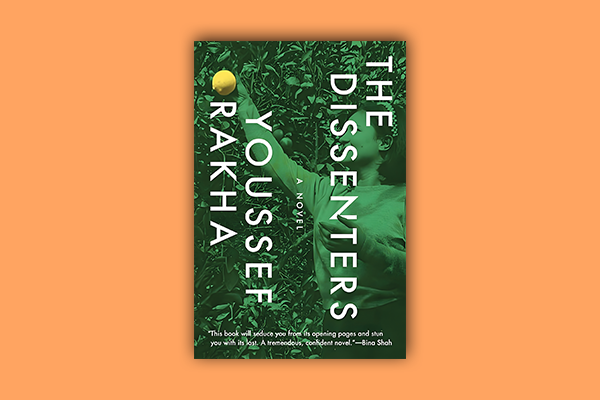THE DISSENTERS is a powerful literary portrait — part love story, part elegy, part testimony to Egypt’s shifting soul over seven decades. At its center is one woman, Amna Abu Zahra, fractured into three identities: Amna, the girl chasing autonomy and education; Nimo the striving student and journalist; and Mouna, the wife of a socialist husband, reimagined not as “mama” but as a woman seeking love on her own terms.
Told through a series of letters from Amna’s son Nour, a newly divorced father, to his sister Shimo, a Stanford doctoral student in California, the novel dissects their mother’s life with aching intimacy. As Amna asks, “What have I done?” her son seeks to understand, “Who am I?” — a question inseparable from his mother’s story.
The gripping and vivid narrative is nonlinear. Though fictional, it felt real, evocative of the Egypt my immigrant father left and loved. But unlike the memories he shared with me, this is the story of a woman who tried to live unapologetically, only to be let down by love, religion, and society. The book reflects her internal chaos as she endures arranged marriage, female genital mutilation, betrayal, the failure of men to lead, and society’s refusal to enact change.
Amna’s journey crosses sharp political and emotional terrain: the collapse of Arab nationalist president Gamal Abdel Nasser’s socialist dream in 1970, Anwar Sadat’s conformist middle class in the ’70s, and the enduring grip of military authoritarianism under current president Abdel Fattah El Sisi. Religion becomes both a rebellion against Nasser’s socialism and resignation to Sadat’s religious convictions — a phase of strict piety driven by longing for meaning and the hope that faith can absolve even the sins she doesn’t regret.
Read the Full Article

